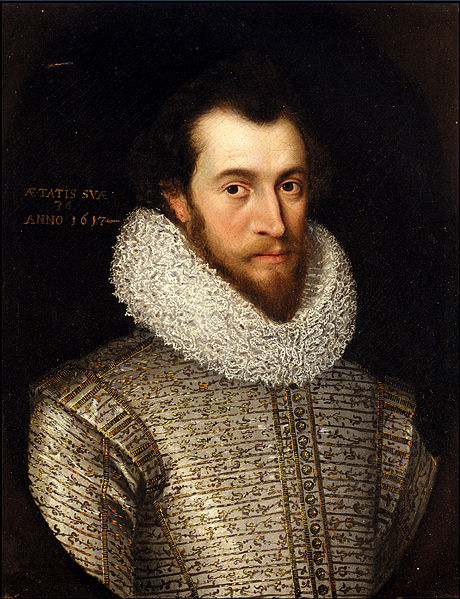Well, as I say, Westminster is solely the English Parliament at this point in time.
((Like that has ever mattered to anyone))
Well, as I say, Westminster is solely the English Parliament at this point in time.
((There isn't anything other than bureaucracy preventing Scottish or Irish characters from contesting English/Welsh seats, right?))
If you're a peer, you can't contest a seat anywhere as this would imply becoming a member of the Commons. Otherwise, no – though it wasn't prevalent.
As I say, those of you with Scottish/Irish characters I will take to have a mysterious doppelgänger in Westminster as far as voting is concerned.
If you're a peer, you can't contest a seat anywhere as this would imply becoming a member of the Commons. Otherwise, no – though it wasn't prevalent.
As I say, those of you with Scottish/Irish characters I will take to have a mysterious doppelgänger in Westminster as far as voting is concerned.
((Is there a distinction between our Westminster surrogate and a secondary character? Are we allowed to have the latter?))









